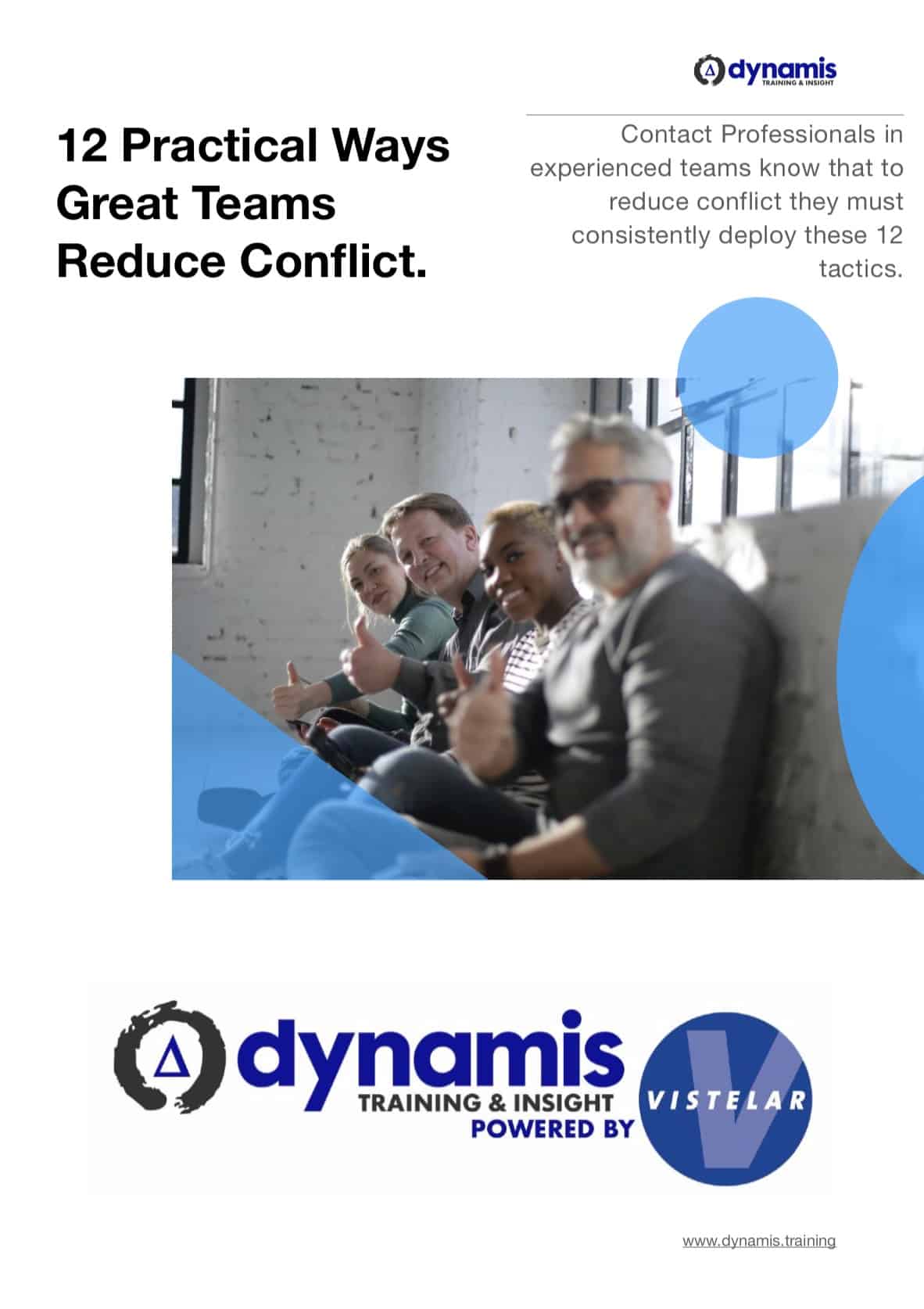Leadership Commitment to the Hospital Violence Reduction Project
Sometimes in the hospitals we visit, nursing staff do not feel that they have the full support of the organisation in managing incidents of violence or aggression in their work, even though there is an active Hospital Violence Reduction Project in play.
This situation is underlined by situations seen on a weekly basis in which (as reported by nurses) where Security Staff, Police Officers, Doctors or Public Relations Officers stand by and are not seen to be assisting in situations which would seem to require their authority and input.
We also note that there is often appears to be ambiguity about when or if an offender would be prosecuted for assaulting a member of the medical or security team.
The Journal of Emergency Nursing may have summarised our recommended position very well:
Nursing staff must be supported by an organisational strategy emphasising the development of confident, high quality individuals who value themselves and are characterised as possessing a high self esteem. This broadens the discussion relating to how to maximise personal safety in the emergency department because the development of professional confidence coupled with the promotion of individual self esteem, plays a significant part in protecting staff from violence (Nolan et al., 1999; Burnard, 1992).
Emphasising personal safety is…an issue that requires entrenching in the nursing culture through high quality organisational leadership. International Emergency Nursing (2008) 16, 88–93
One of the key elements of a good Hospital Violence Reduction Project is a very public and consistent message presented to visitors, patients and staff that violence and aggression towards anyone at the hospital will not be tolerated.
The Emergency Nurses Association has found that zero-tolerance policies go a long way toward making the environment safer for health care workers. These policies anticipate aggressive behaviors and spell out appropriate responses, such as a verbal reprimand or removing the person from the premises. “
Zero tolerance: Stopping violence against nurses, National Safety Council USA
We recommend that staff need clarity on legal, employment and post-incident support modalities. Staff need ‘permission’ to engage in incidents and to make a safe and secure environment in the hospital. Hospital administrators should explore how a message can be conveyed to all visitors and patients that the hospital is a safe and secure facility AND that clinical and security staff are empowered to make it so. This message should be endorsed and embodied by the senior management to have the greatest effect for the Hospital Violence Reduction Project.
Gerard O’Dea is a conflict management, personal safety and physical interventions training consultant. He is the training director for Dynamis, a specialist provider of personal safety and violence management programmes and the European Adviser for ‘Verbal Defense and Influence’, a global programme which addresses the spectrum of human conflict. www.dynamis.training
https://www.dynamis.training/conflict-management/3028-2/
https://www.dynamis.training/conflict-management/hospital-violence-management/


